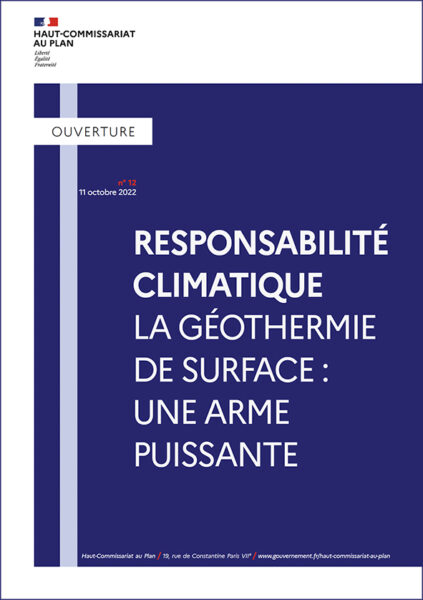In late August 2018, the French Minister for Ecological Transition Nicolas Hulot, who had been in post for a little more than a year, threw in the towel. As he saw it, it had to be admitted that, with the best will in the world (and one couldn’t deny that he had that), it was impossible to implement an ecological transition worthy of the name without mobilizing all the parties concerned, including economic and institutional actors, in all sectors. Effecting ecological transition is a systemic undertaking; it involves the support and coordination of everyone and cannot succeed otherwise.
As we have seen in the various articles already published in the series Futuribles has devoted to energy and climate issues since last March, France and Europe have great ambitions for transition to carbon neutrality. And yet, as Jean Haëntjens shows here, confirming Nicolas Hulot’s observation, there are still very many obstacles to the success of such a transition, and they are very often ideological and socio-political in nature. Above and beyond individual behaviour, which certainly has to change (and which has to be encouraged to evolve), it is in fact at the level of transformations of socio-technical systems (transport, energy, agriculture…) and their financing that the main obstructions occur. Given this finding, and the complex interactions involved, will the ecological emergency at last shift the dial?



